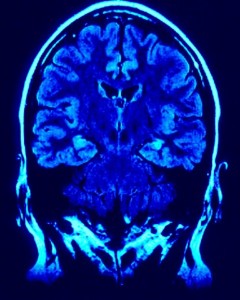
How did it come about, and why? Why does it interact with our brains and bodies in such powerful and unique ways?
Neurologist Oliver Sacks’s 2007 book Musicophilia explores many of the peculiarities of how we hear and create music. The book was adapted by the PBS series NOVA into a show called “Musical Minds”. Some of the cases included:
- A woman with the rare neurological condition of amusia, which kept her from identifying or enjoying music
- A man with seriously debilitating Tourette syndrome who used drumming to control his muscular and behavioral tics
- A neurosurgeon who, after a lifetime of relative disinterest in music, was struck by lightening and suddenly became overwhelmed by the urge to play the piano
One theory of the origins of music has to do with how it affects our brain waves. Perhaps music developed as a ritualistic way of joining everyone in a tribe or group together by “sync-ing” their brain waves in a relaxed and heightened trance state.
But just as bizarre is how music affects our physical bodies, such as our cardiovascular system. A new study has shown that music can have cardiovascular health benefits similar to those seen in people who laugh more. Music is even being used as a partial anesthetic for surgery, since it can reduce one of the largest amplifiers of pain: anxiety.
All research seems to be telling us to turn up the music.
